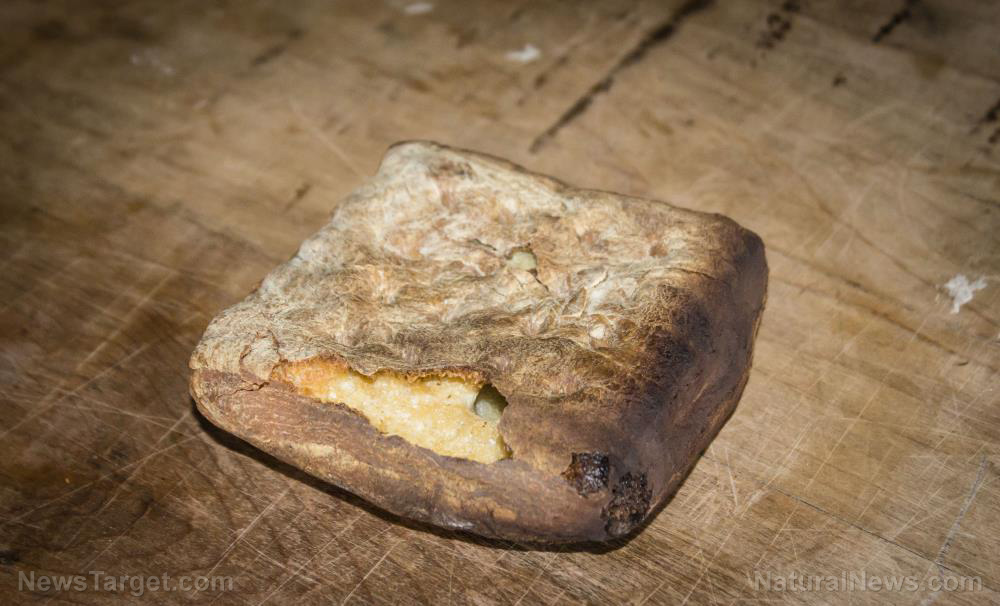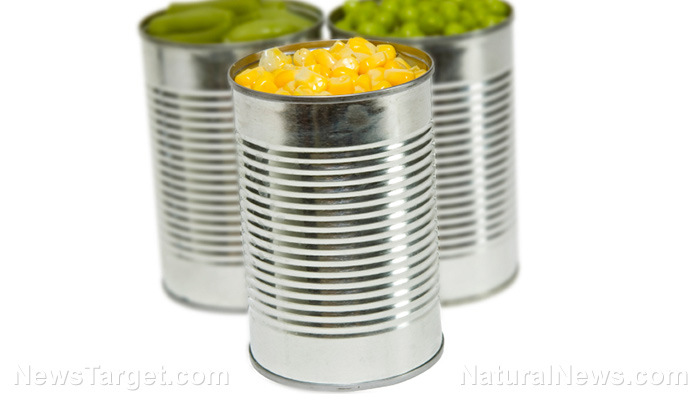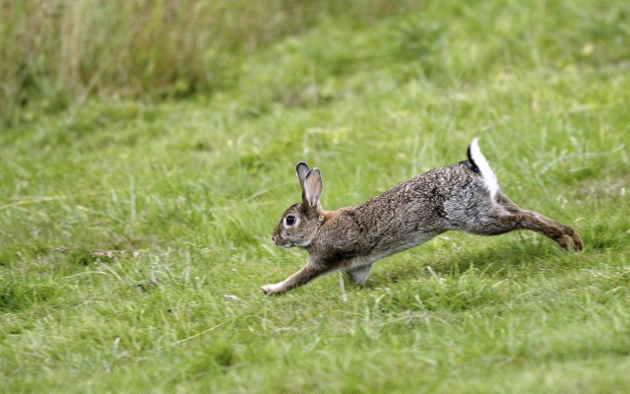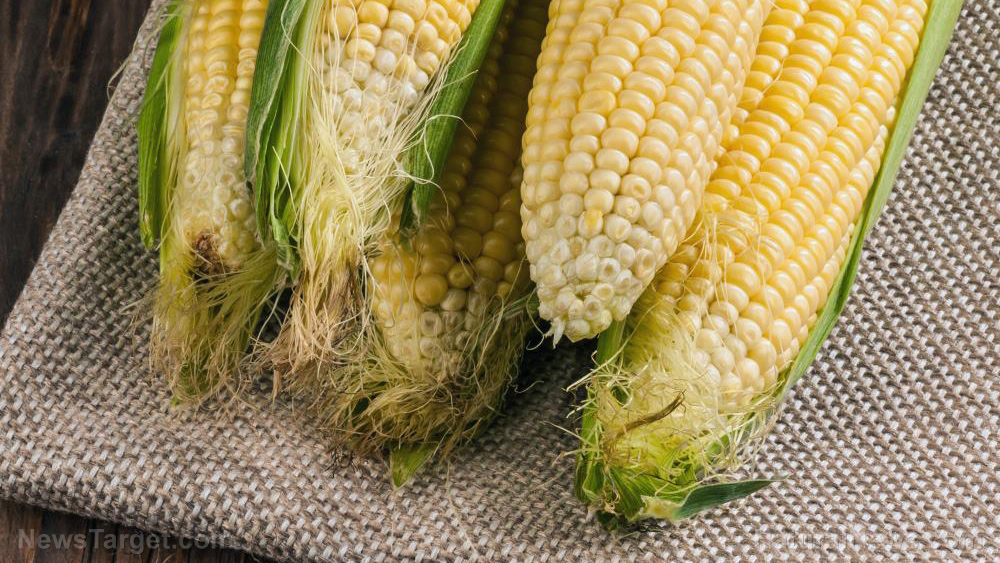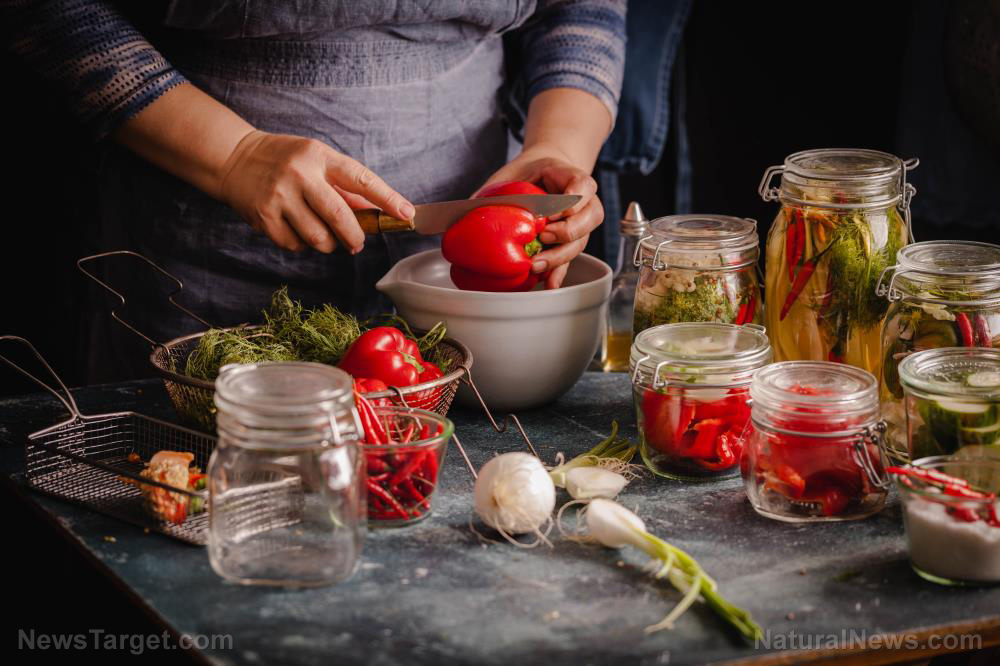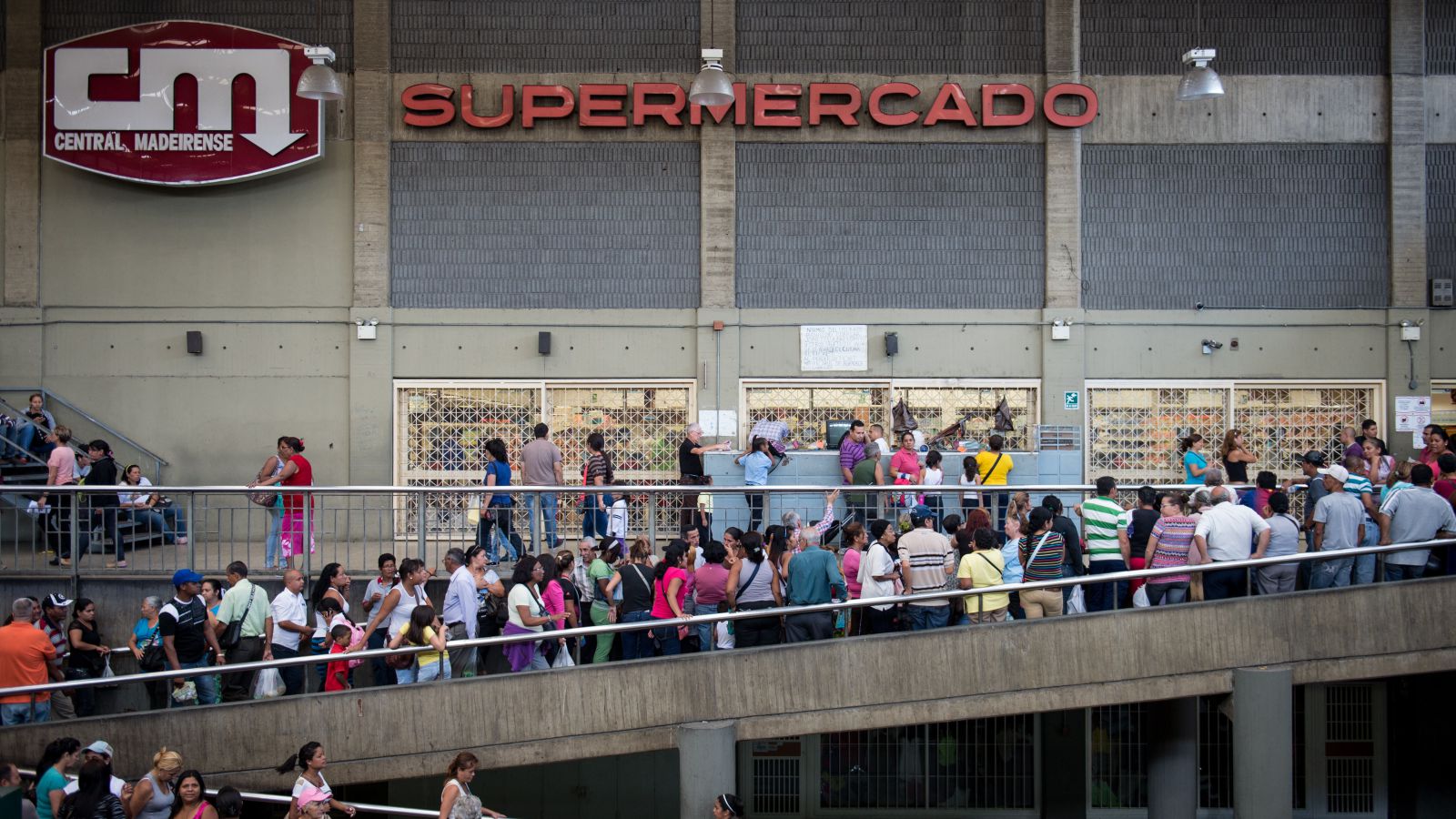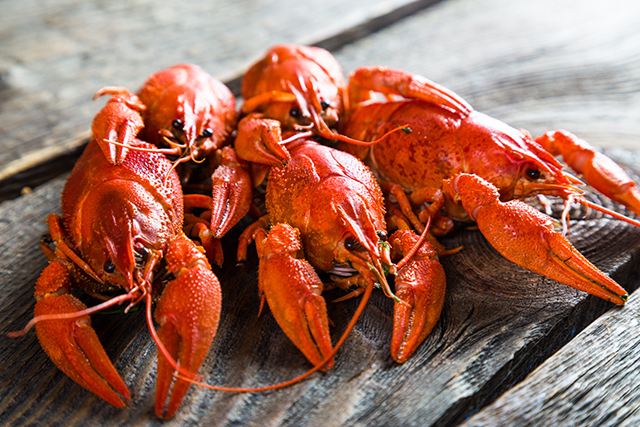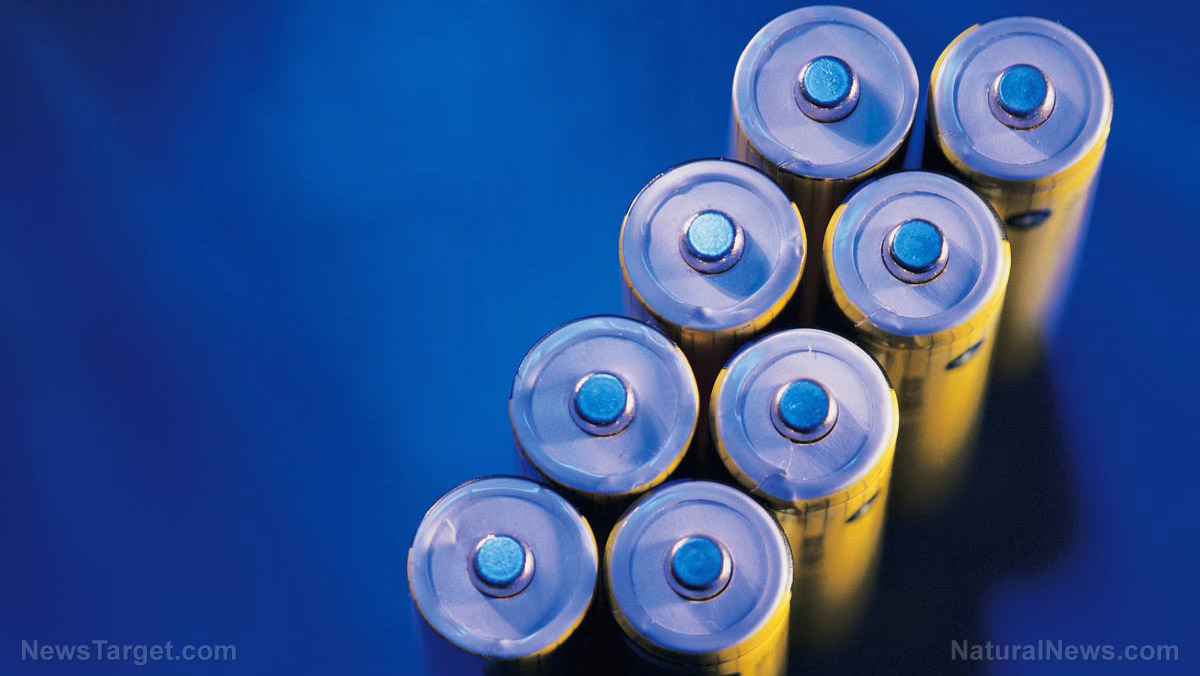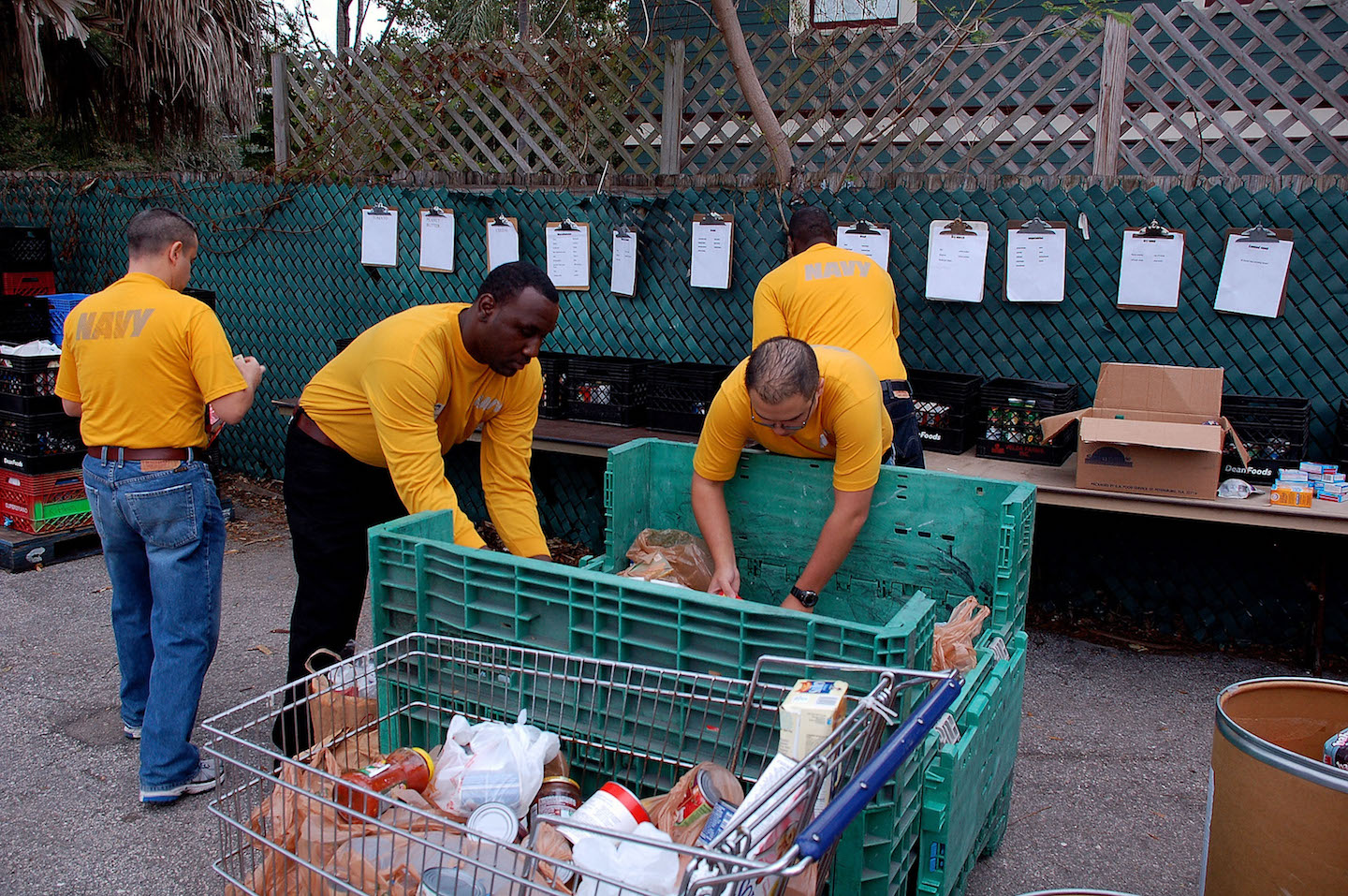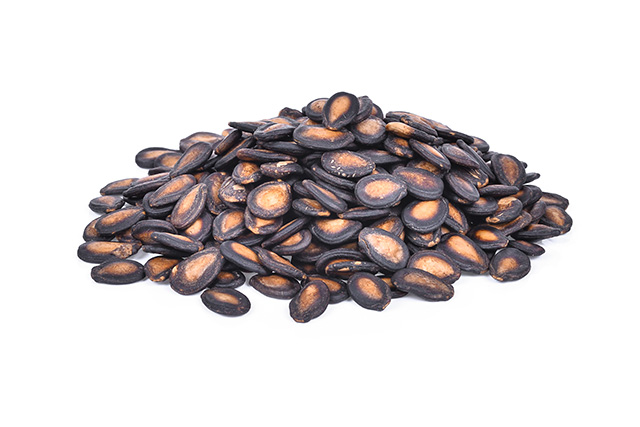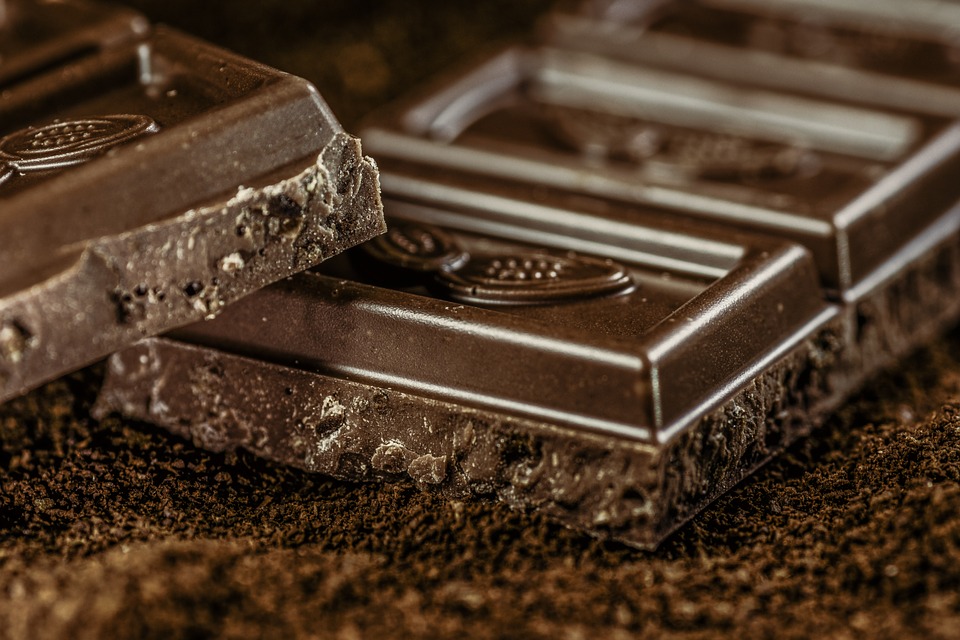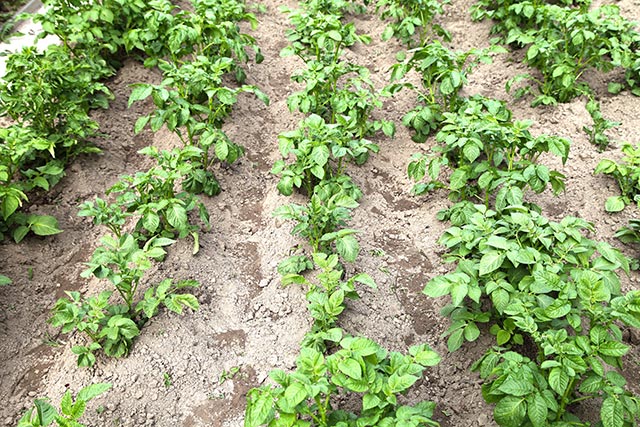How to store water in your car
08/01/2018 / By Zoey Sky
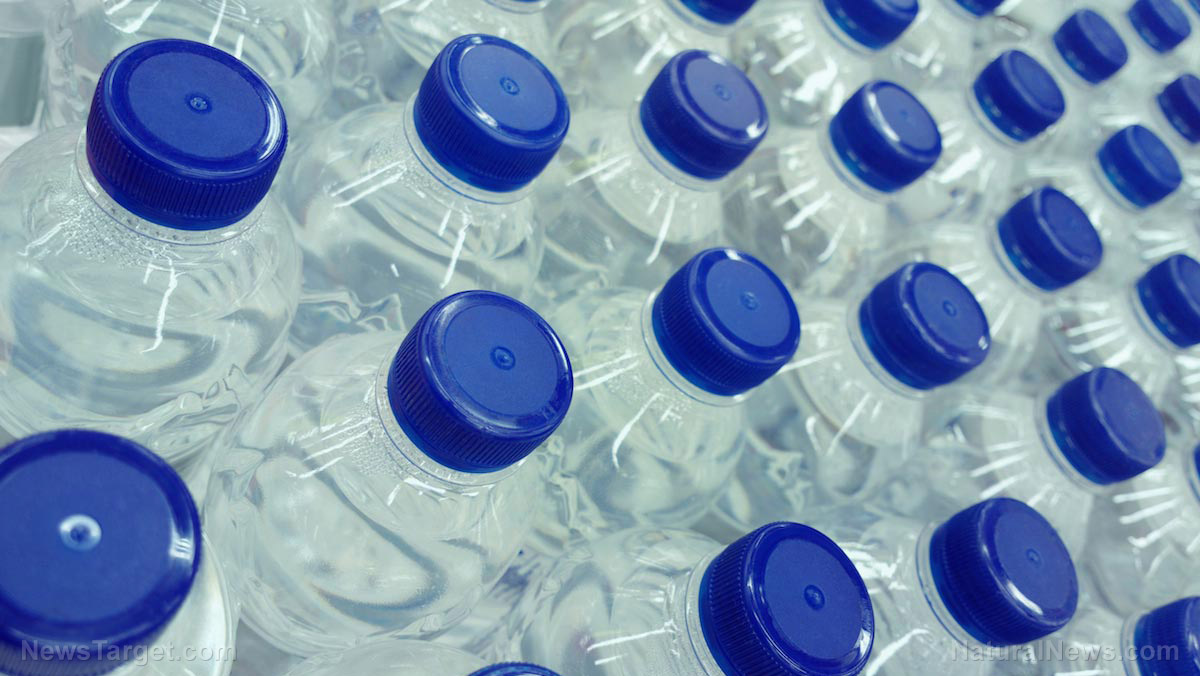
If you’ve ever forgotten plastic water bottles in your car, you might have noticed a strange aftertaste if you drink the water. The strange plastic aftertaste is especially evident during the summer, or whenever you’ve left a plastic water bottle sitting in the heat of a warm car, even if it’s already cooled down. (h/t to ModernSurvivalBlog.com)
While manufacturers claim that their plastic water bottles are bisphenol A (BPA)-free, tasting “plastic” in a water bottle that has warmed up probably isn’t a good thing since the heat can cause molecular leaching into the water. This could explain the aftertaste.
According to animal studies, BPA is linked to genetic damage. Despite these findings, BPA was approved for use in various products since “the amount given to the animals was not comparable to what humans consume.”
How do you avoid this plastic aftertaste?
It’s ideal to stay hydrated, especially if you’re going to be driving for a while, but drinking water after molecular leaching can harm your health in the long run.
Here are three options you can use to avoid drinking water with traces of BPA or other chemicals from plastic: using a cooler, using glass water bottles, and using stainless steel bottles.
Using a cooler
If you prefer to drink water from plastic water bottles, especially if you buy them in bulk, the safest thing to do is to store them in a hard-sided cooler in your car. Hard-sided coolers are recommended because they often have better insulation compared to soft-sided coolers.
The cooler should be stored somewhere easy to reach even if you’re in the driver’s seat, like the middle of the backseat. A cooler can hold several bottles, and keeping it on the floor of your car helps prevent direct sunlight from warming up the bottles. The cooler’s white cover can also help reflect the heat of the sun.
Plastic water bottles stored in coolers will help prevent that plastic aftertaste but do take note that results may vary depending on the weather in your area, shade/sunlight in your parking space, and how long your car sits in the sun.
If you take a bottle from the cooler, don’t leave it in the cup holder. Put it back in the cooler when you’re done drinking so it doesn’t get warm. (Related: How to tell which plastics are safe to use for food and drinks (food grade).)
Using glass water bottles
A better option for water storage in your car is a food-safe glass bottle. Aside from eliminating plastic waste, it won’t make your water taste like plastic.
Eco-friendly glass bottles will never leach into the water or any drink you store in it. Just make sure your glass water bottle fits in the cup holders so you can keep it in your car.
Refill it as needed so you can stay hydrated while driving. Having to refill a glass water bottle regularly is a small price to pay if it keeps you safe from harmful chemicals like BPA. Plus you can save money by filling it up at home with filtered water.
Using stainless steel bottles
Stainless steel water bottles are another “safer” alternative to plastic bottles. Like the glass bottle option, this will require refilling, but it also means you can enjoy water that tastes fresh and doesn’t have a plastic aftertaste.
Regardless of the water storage option you choose, always check if your water is safe to consume, even on a hot summer’s day. Avoid tap water whenever possible.
Read more articles about harmful chemicals like bisphenol A (BPA) and how to avoid them at Chemicals.news.
Sources include:
Tagged Under: bisphenol A, BPA, chemicals, clean water, coolers, food containers, food-grade, food-safe container, glass bottles, hard-sided cooler, Plastic, plastic container, plastics, preparedness, preparedness and survival, prepper, prepping, soft-sided cooler, stainless steel bottle, water, water bottle, water bottles, water storage, water storage container

